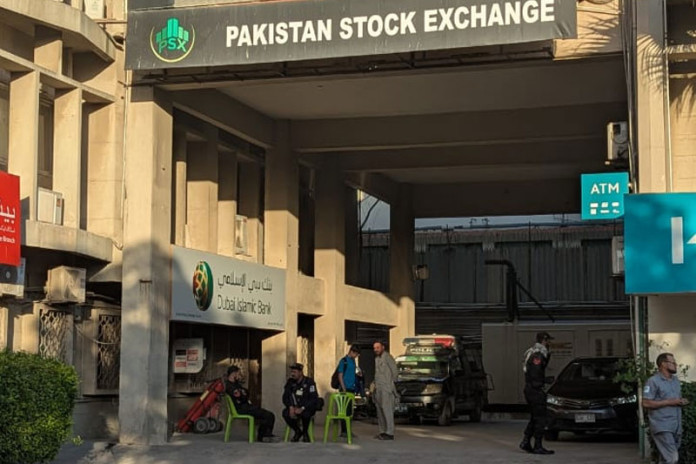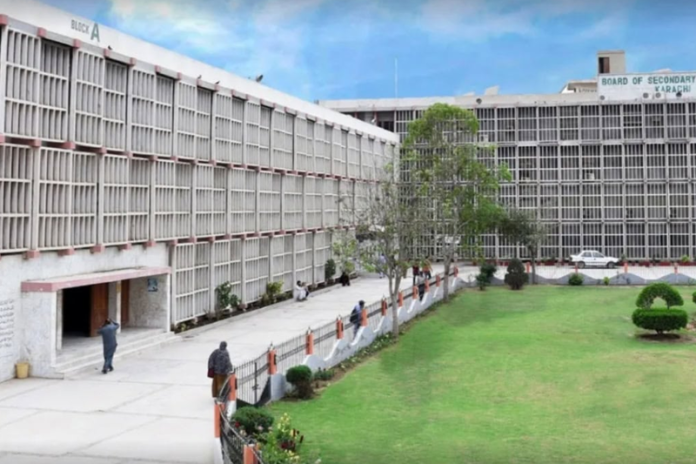The destructive power of mental unrest: Unveiling the silent crisis

- 641
- 0
Mental unrest is a pervasive issue that significantly impacts human well-being, yet it often remains shrouded in silence and misunderstanding.
Unlike physical ailments that manifest visibly, mental unrest operates largely behind the scenes, gradually eroding an individual's quality of life. This invisible struggle can destroy a person's mental health, relationships, and overall ability to function, highlighting the urgent need for recognition and intervention. Understanding Mental Unrest Mental unrest encompasses a range of psychological disturbances, including anxiety, stress, and chronic worry. It can stem from various sources, such as personal trauma, ongoing stress from work or relationships, or societal pressures. Unlike occasional stress, which is a normal part of life, persistent mental unrest can become debilitating over time.
It affects how individuals think, feel, and behave, often leading to a cascade of negative consequences. One of the primary ways mental unrest destroys an individual is by undermining cognitive functions. Prolonged stress and anxiety can impair concentration, memory, and decision-making abilities. This cognitive decline creates a vicious cycle: as mental clarity diminishes, individuals may struggle more with daily tasks, leading to further stress and frustration. For instance, someone experiencing mental unrest might find it challenging to focus on their job, resulting in poor performance and increased job-related stress, which in turn exacerbates their mental distress. Physical Health Implications The impact of mental unrest extends beyond cognitive effects, profoundly influencing physical health. Chronic stress triggers the body's "fight or flight" response, releasing stress hormones like cortisol. While this response is beneficial in short bursts, persistent activation can lead to serious health issues. Long-term exposure to high cortisol levels is associated with a range of problems, including cardiovascular disease, weakened immune function, and digestive disorders. Furthermore, mental unrest can disrupt sleep patterns, leading to insomnia or poor-quality sleep. Sleep disturbances are closely linked to mental health issues, creating a dangerous feedback loop.
Poor sleep exacerbates mental unrest, while the ongoing stress impairs the body's ability to recover and regenerate during rest. The cumulative effect of these disruptions can severely undermine overall health and well-being. Erosion of Relationships Mental unrest also takes a significant toll on personal relationships. Individuals grappling with mental health challenges may become withdrawn, irritable, or emotionally unavailable. These changes can strain relationships with family, friends, and partners. The lack of communication and emotional connection can lead to misunderstandings, conflicts, and even the dissolution of important relationships. For example, a person experiencing chronic anxiety may withdraw from social interactions, avoiding activities they once enjoyed or distancing themselves from loved ones. This withdrawal can be misinterpreted by others as disinterest or lack of care, further isolating the individual and exacerbating feelings of loneliness and depression. The breakdown of relationships not only adds to the emotional burden but also reduces the support network available to the person, making it more difficult to cope with their mental unrest. Impact on Self-Esteem and Identity Mental unrest can profoundly affect an individual's self-esteem and sense of identity. Persistent feelings of inadequacy, self-doubt, or worthlessness are common among those struggling with mental health issues. These negative self-perceptions can erode confidence, making it difficult for individuals to pursue personal goals or engage in activities that once brought them joy. In severe cases, mental unrest can lead to existential crises, where individuals question their purpose and value in life.
This sense of loss and confusion can be paralyzing, leading to further withdrawal from life's challenges and opportunities. The constant internal struggle undermines the individual's ability to engage fully with their environment, leading to a diminished sense of self and purpose. Economic and Occupational Consequences The effects of mental unrest extend into professional and economic realms. Workplace stress and mental health challenges can lead to decreased productivity, absenteeism, and job dissatisfaction. Employees experiencing mental unrest may struggle with performance, which can impact career progression and job security. The resulting financial strain and job instability can further exacerbate mental health issues, creating a harmful cycle. Additionally, the economic costs associated with mental unrest are substantial. Individuals may face increased medical expenses for treatment and therapy, and employers may incur costs related to decreased productivity and absenteeism. The broader economic impact includes reduced workforce participation and increased healthcare costs, underscoring the importance of addressing mental health issues proactively. The Path to Healing Addressing mental unrest requires a multifaceted approach that includes both personal and systemic strategies. On an individual level, seeking professional help is crucial. Therapy, counseling, and medication can provide relief and support. Building healthy coping mechanisms, such as mindfulness practices, physical exercise, and social support, can also be effective in managing mental unrest. On a systemic level, increasing awareness and reducing the stigma associated with mental health issues are essential. Creating supportive environments in workplaces and communities can facilitate early intervention and support for those struggling with mental unrest. Education on mental health and promoting access to resources can empower individuals to seek help and improve overall well-being. Conclusion Mental unrest is a silent yet devastating force that can destroy an individual's life by impairing cognitive functions, affecting physical health, straining relationships, and undermining self-esteem. Its pervasive nature highlights the need for greater awareness and proactive measures to address mental health issues.
By recognizing the signs of mental unrest and providing comprehensive support, we can mitigate its destructive impact and foster a healthier, more resilient society. Addressing mental health with empathy and understanding is not just a personal necessity but a collective responsibility, essential for promoting overall well-being and societal harmony.


















































